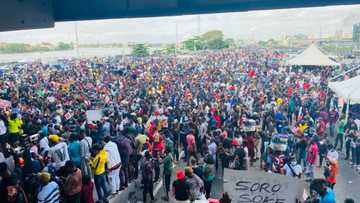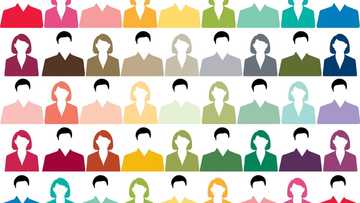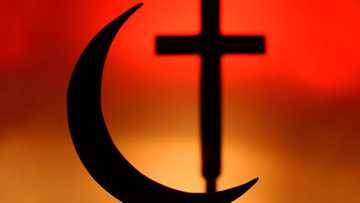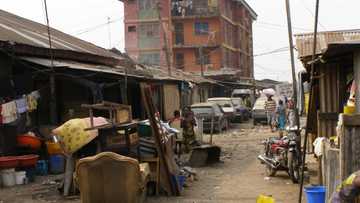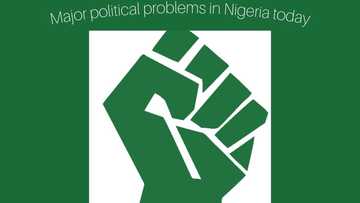Functions of EFCC and ICPC
Unfortunately, corruption still prevails in Nigeria. It is like a devil-fish with huge tentacles which reaches almost all areas of our life! However, there are two main organizations whose ultimate goal is to protect us from this 'monster'! So, what are the functions of EFCC and ICPC?

The Economic and Financial Crimes Commission is charged with the responsibility of enforcing laws that has to do money laundering, fraudulent banking, miscellaneous offenses, advance fee fraud, and other criminal acts that are financial and economic in nature. They strive to put an end to any act that breaks the penal and criminal codes. Also, the EFCC doesn't have any time restrictions when it comes to when the crime was perpetrated.
In addition, the Economic and Financial Crimes Commission has the power to prosecute immediately without going through the Attorney General's office.
The Independent Corrupt Practices Commission, on the other hand, concentrates on corruption and curbing bribery in the civil and public services, and has time a limit where they only deal with offenses which were committed from 2000.
Corruption in Nigeria
Before we will tell about our 'heroes' in details we need to understand this enemy we are dealing with.
The discovery of oil and natural gas and the rise of public administration are two main situations that have led to a litany of unworthy corrupt practices in the country. For many years, the nation has seen its prosperity withered to nothing and the living conditions of an average person has become pitiful.
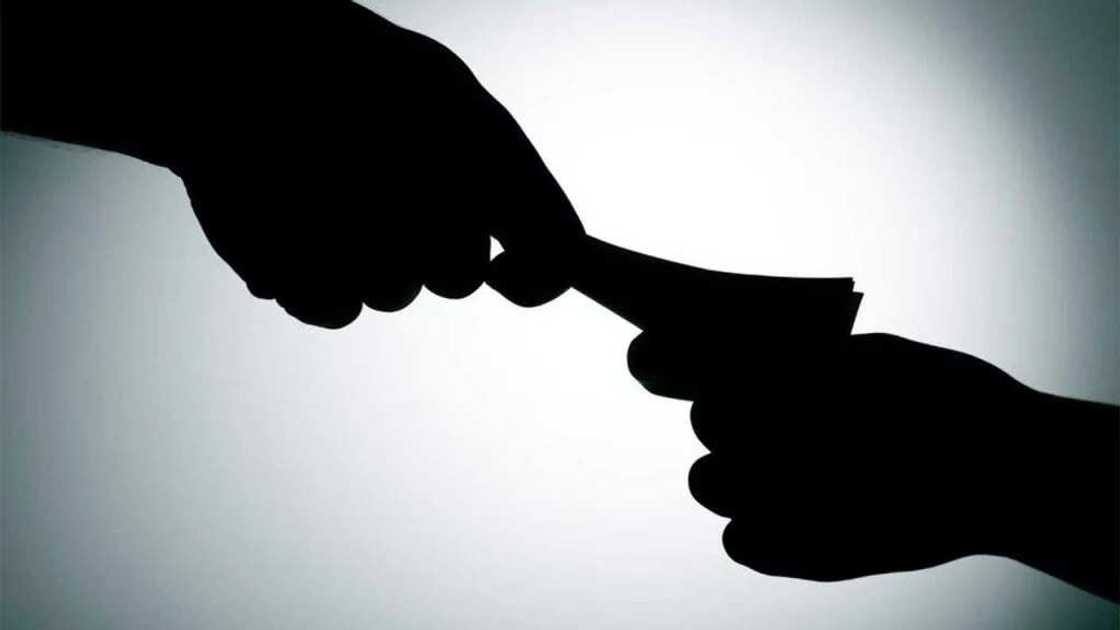
Did you know that this penetrative corruption has been blamed on colonialism? According to this theory, the country's colonial history may have restricted any early impact of a social revolution. During the colonial time, most Nigerian people were stuck in poverty and ignorance. A lot of expensive houses, cars, and success of the colonists may have had an impact on poor people. They considered being a colonist as a sign of success and imitated them in various political ways.
The participation on the agenda of colonial direction may also suppress idealism in the primary stage of the country's development. A point of view usually held during the colonial days was the idea that property of colonists (expensive houses, cars, farms, etc.) was not the people's property. Therefore, the vandalism and robbery of public property were not seen as a crime against the society.
This view is what has deteriorated into a more recent neglect for public property, a lack of security, and worry that public property is not owned collectively as a nation.
In order to fight this 'ancient monster' (corruption), the government has created organs which are supposed to stop any corrupt actions in the country on all levels.
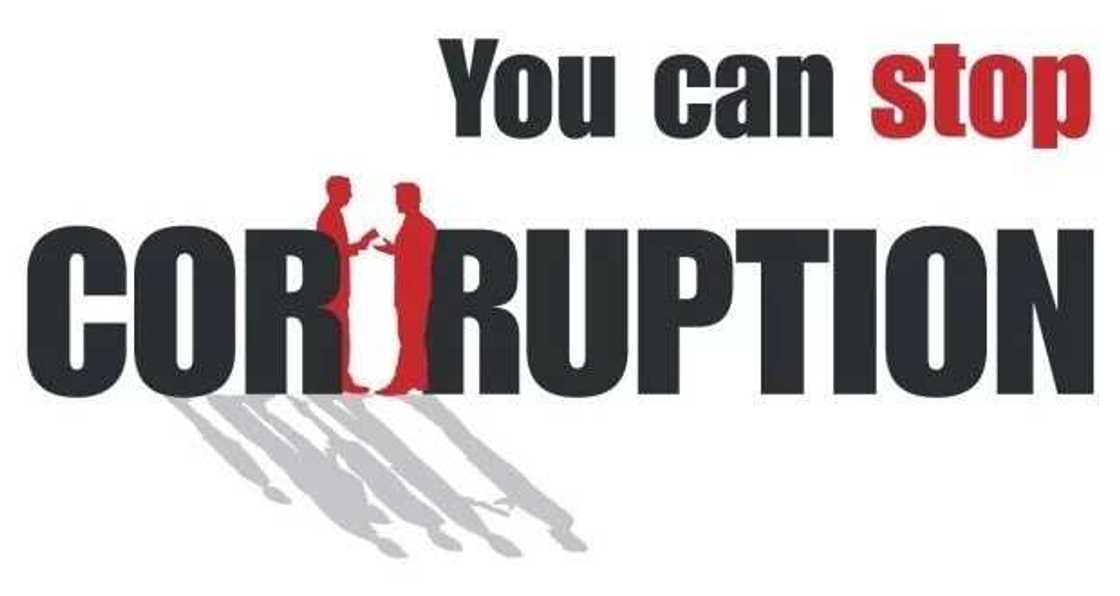
What is ICPC?
So, the Independent Corrupt Practices Commission (which fully means the Independent Corrupt Practices and Other Related Offences Commission) is a Nigerian system that was inaugurated on the September 29 2000, during President's Olusegun Obasanjo regime.
In general, the Corrupt Practices and other Related Illegal Acts since 2000, controls the committee's performances. It was proceeded and signed into law on the June 13 2000. This Act saddles the Independent Corrupt Practices and Other Related Offences Commission, with the responsibility of fighting against corruption and other related crimes.
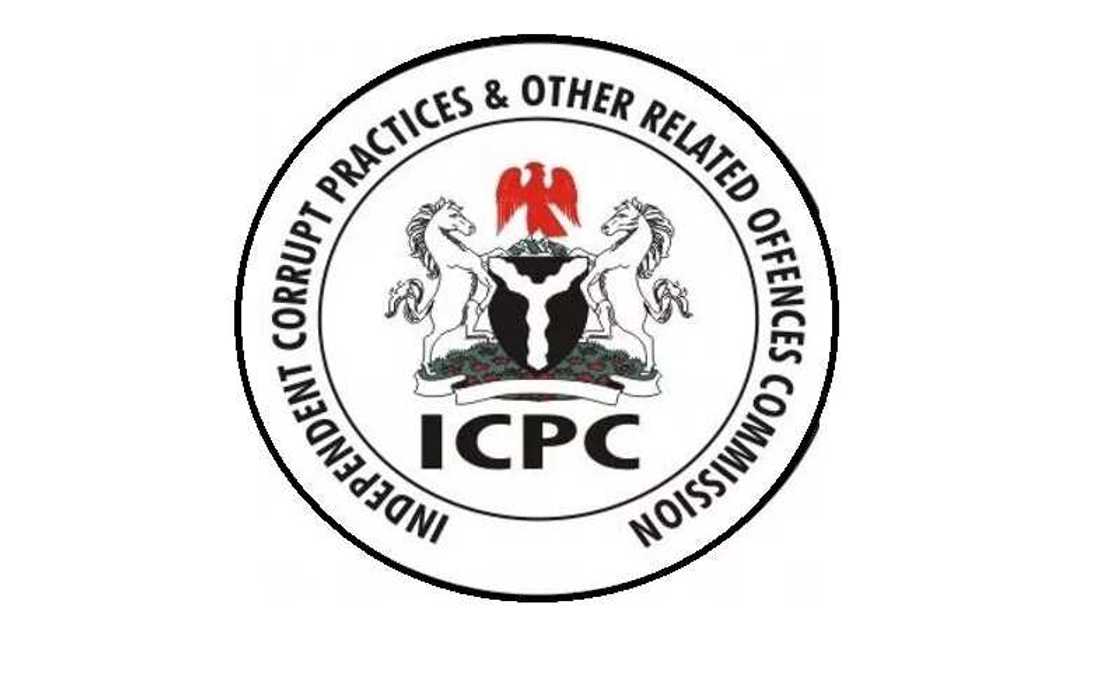
READ ALSO: Newspaper review: Saraki, EFCC, ICPC in messy anti-corruption fight
Functions of ICPC
The ICPC main functions are:
- to eliminate corruption in the country;
- to find and bring to justice any act of corruption;
- to investigate, impose, and reconstruct corruption-fighting organisations and procedures in the country;
- to prosecute any criminal found guilty of acts of corruption;
- to nurture and illuminate the public about corruption and other related crimes with aim of recruiting and encourage public support for the fight against corruption.
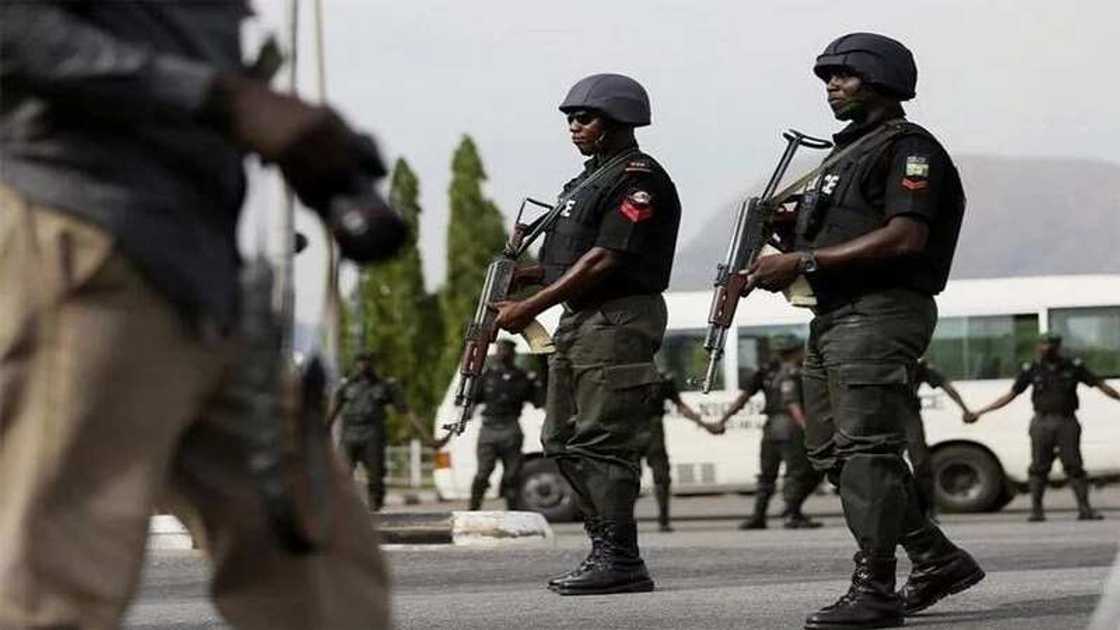
What is EFCC?
The Economic and Financial Crimes Commission was founded in April 2003, to prosecute and investigate corrupt individuals in money laundering and financial crime matters. The first chairman of the EFCC was Alhaji Ribadu Nuhu, a senior police officer. The Economic and Financial Crimes Commission, from the very beginning tried to live up to its mandate. What is more, the EFCC under Ribadu was able to crackdown some bank officials, corrupt statesmen, and some private investors.
The EFCC was able to renew the image of Nigeria on the international level. The debt forgiveness in the Paris club, flattering commendations, and massive foreign financial grants became possible because of the performance of the EFCC. This purification included the political elite, especially among the governors, that thought the creation of EFCC was a mistake (of course they were afraid, as people say, a guilty conscience does not rest).
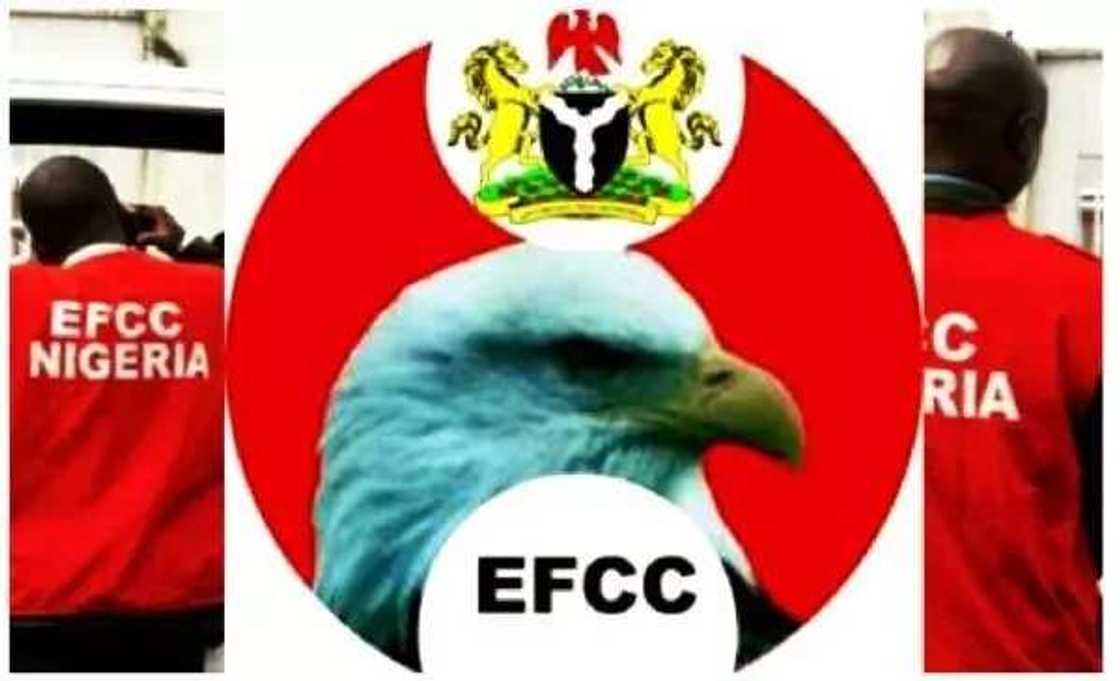
Functions of EFCC
Well, the Operations Department is the center of all the Commission's investigation activities. It has a responsibility to look into judicial proceedings that are within the mandate of the Commission. Such proceedings involve violations that are against the provisions of the Commission’s empowering law.
The Operations Department activity mainly focuses on the following areas:
- Advance Fee Fraud;
- Bank Fraud;
- Economic Governance;
- Counter- Terrorism;
- General Investigation.
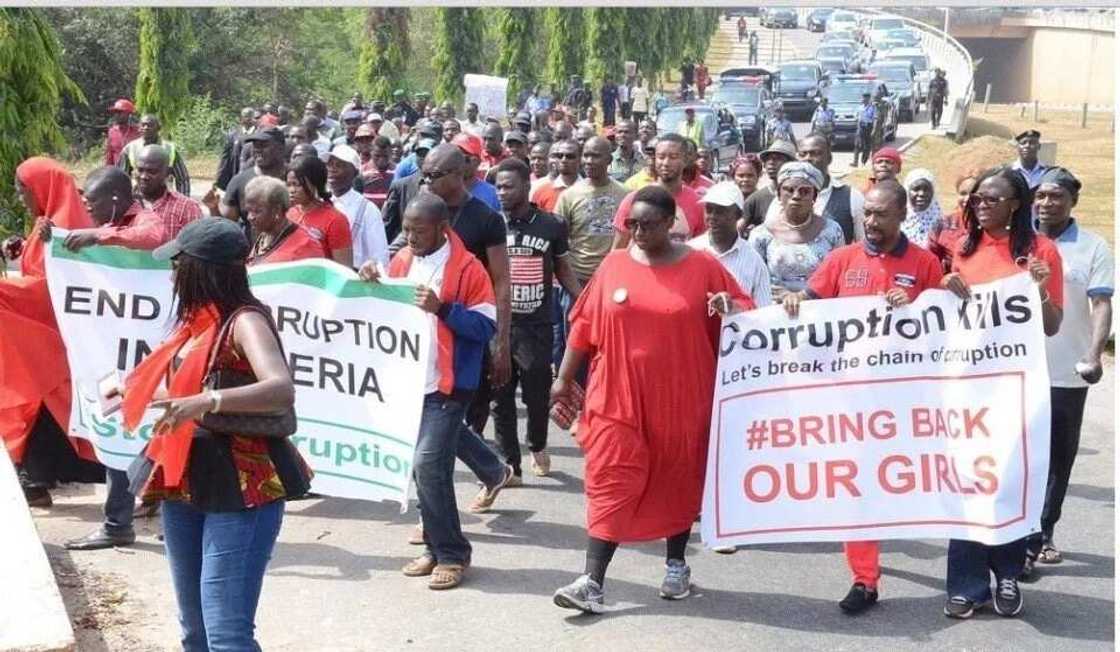
The EFCC is an institution that acts under the concept of a single organization. It is well-known that the institution is directly being monitored and controlled by the President. The members of this organization are younger and full of energy, but still, they can be easily vanquished.
While the ICPC is an institution that understands the democracy and has a respect for the law, this institution concentrates on a group concept and can not be easily manipulated by the President. Actually, about 85 % of their members are well educated, experienced, and older Nigerian people. The trustworthiness of each of them is inviolable. Believe it or not, but the President is far aware that this group of people will not endure being used as a political fighting tool or agents of war.
Both of these organizations fight against corruption in Nigeria. As a result, the level of corruption has reduced in comparison with where it was in the 2000s. So, if you notice any act of corruption, you know where to go.
READ ALSO: EFCC most wanted list
Source: Legit.ng


